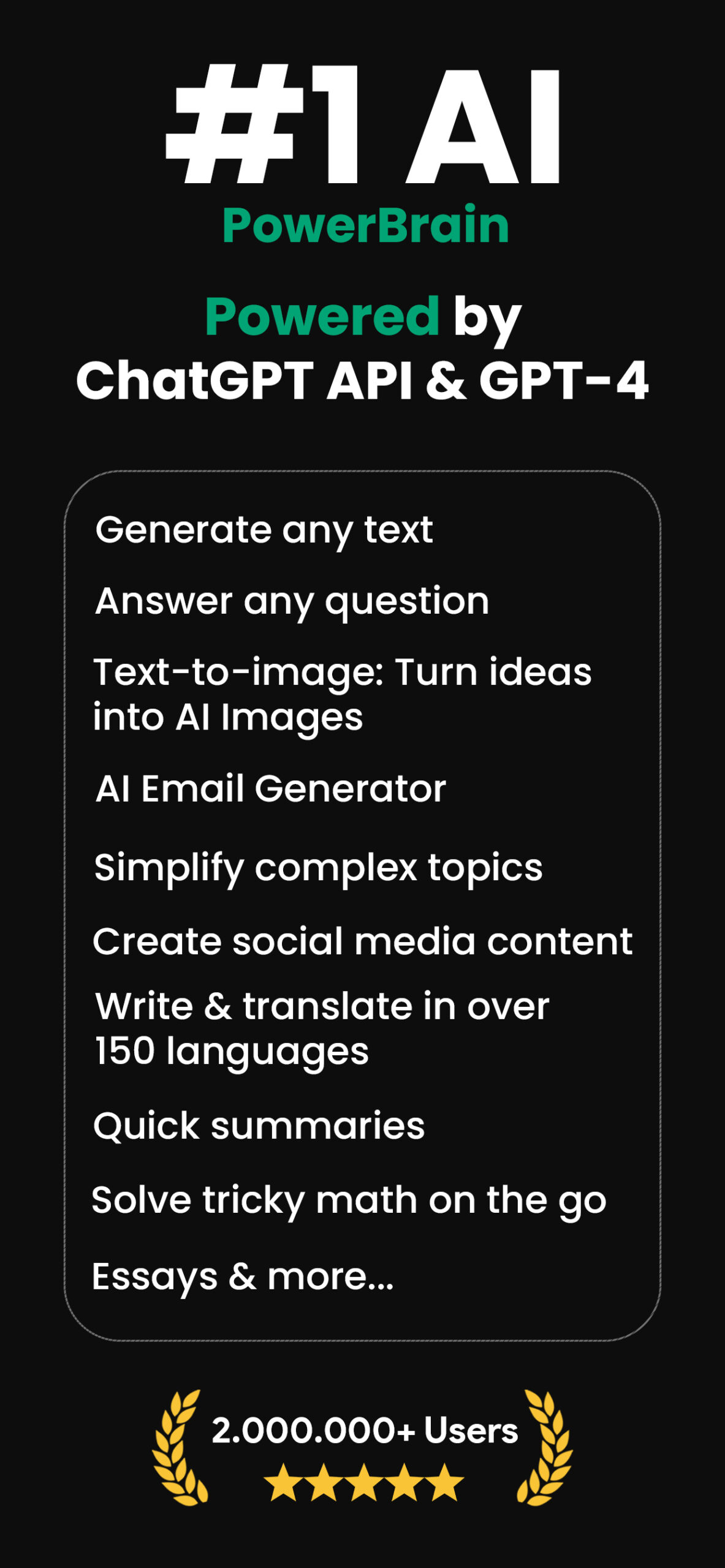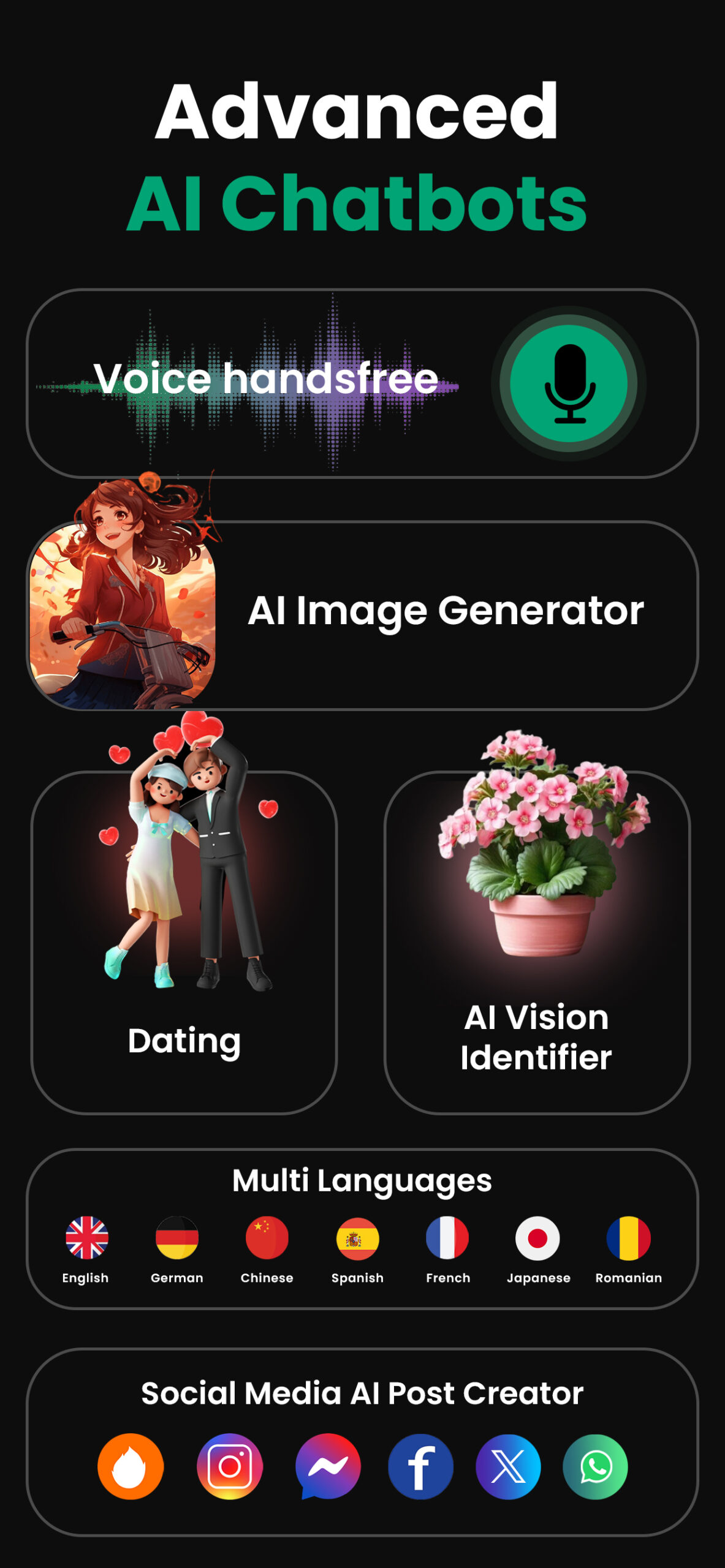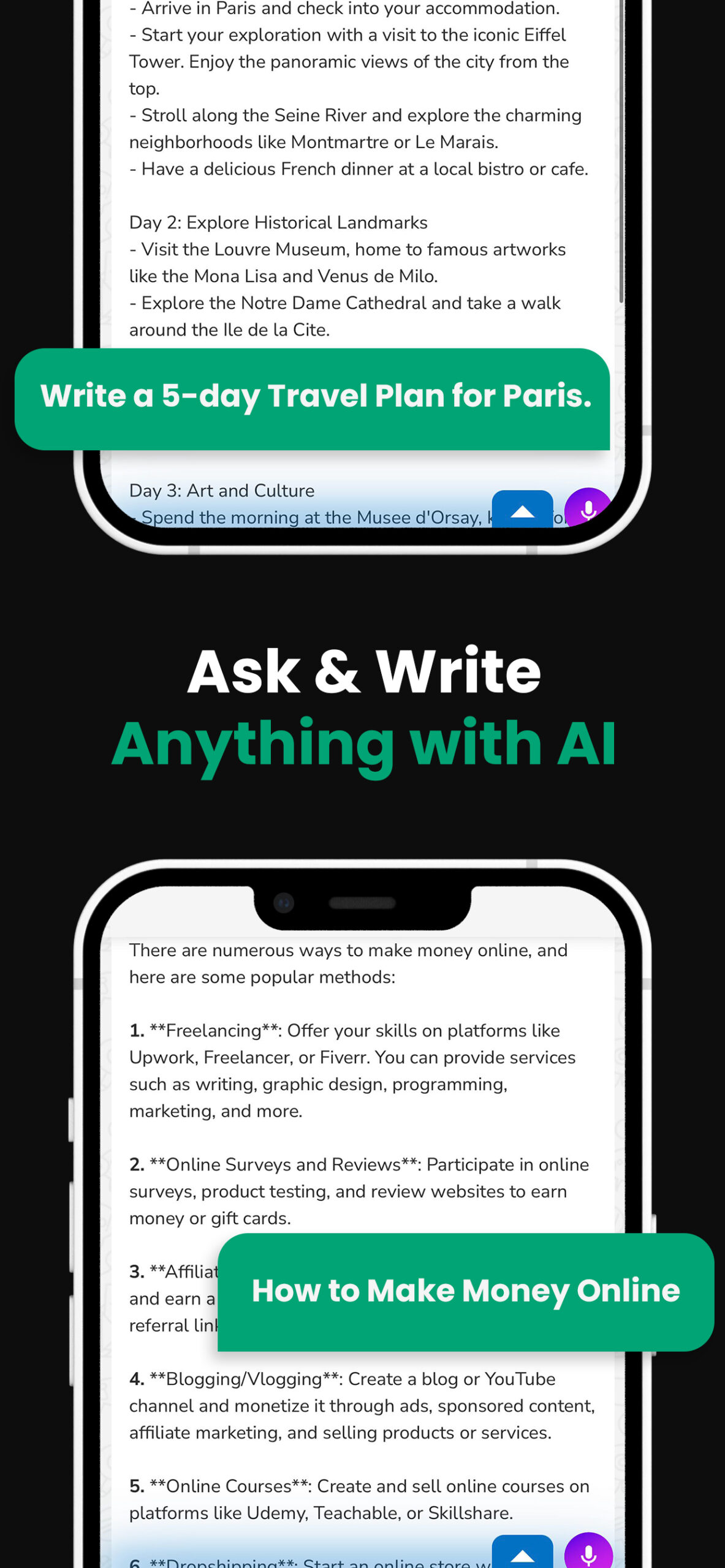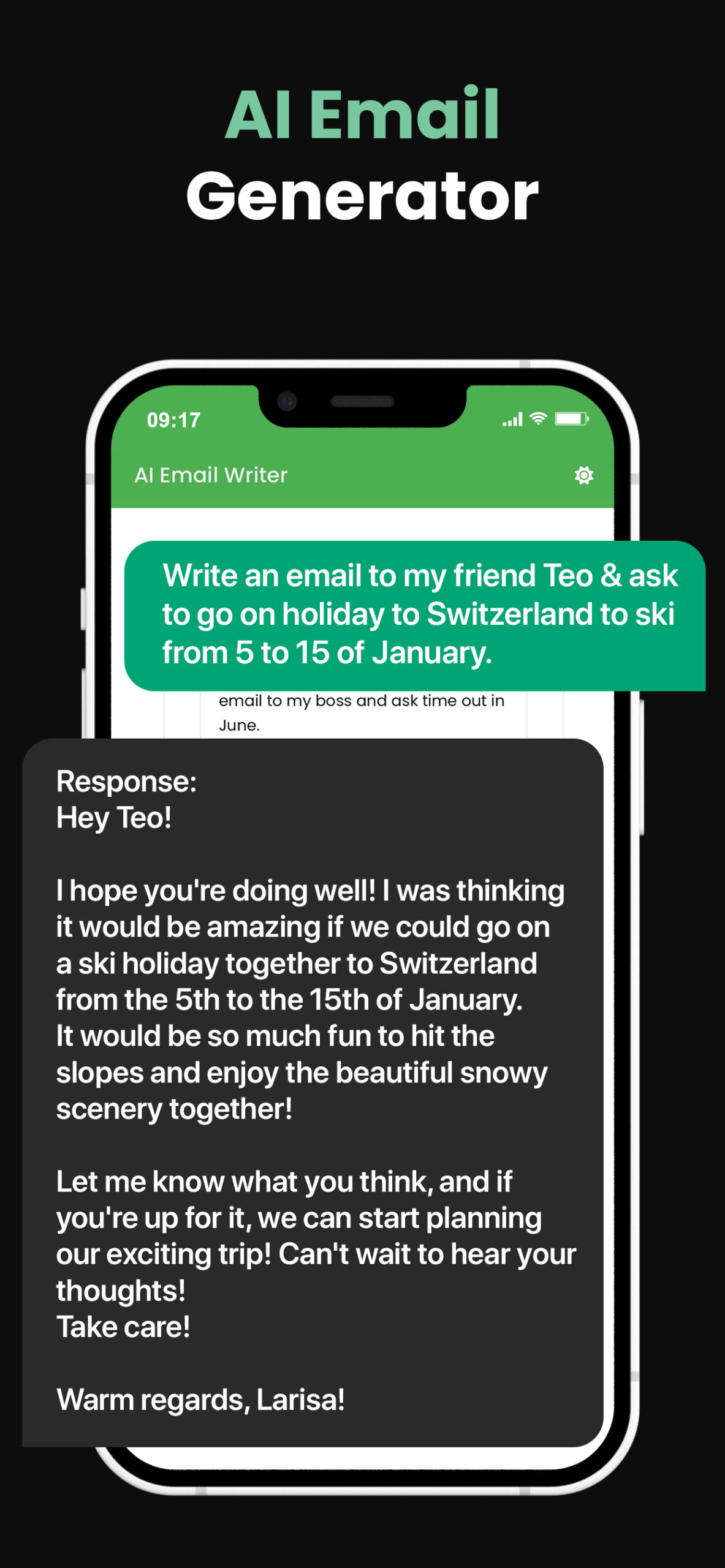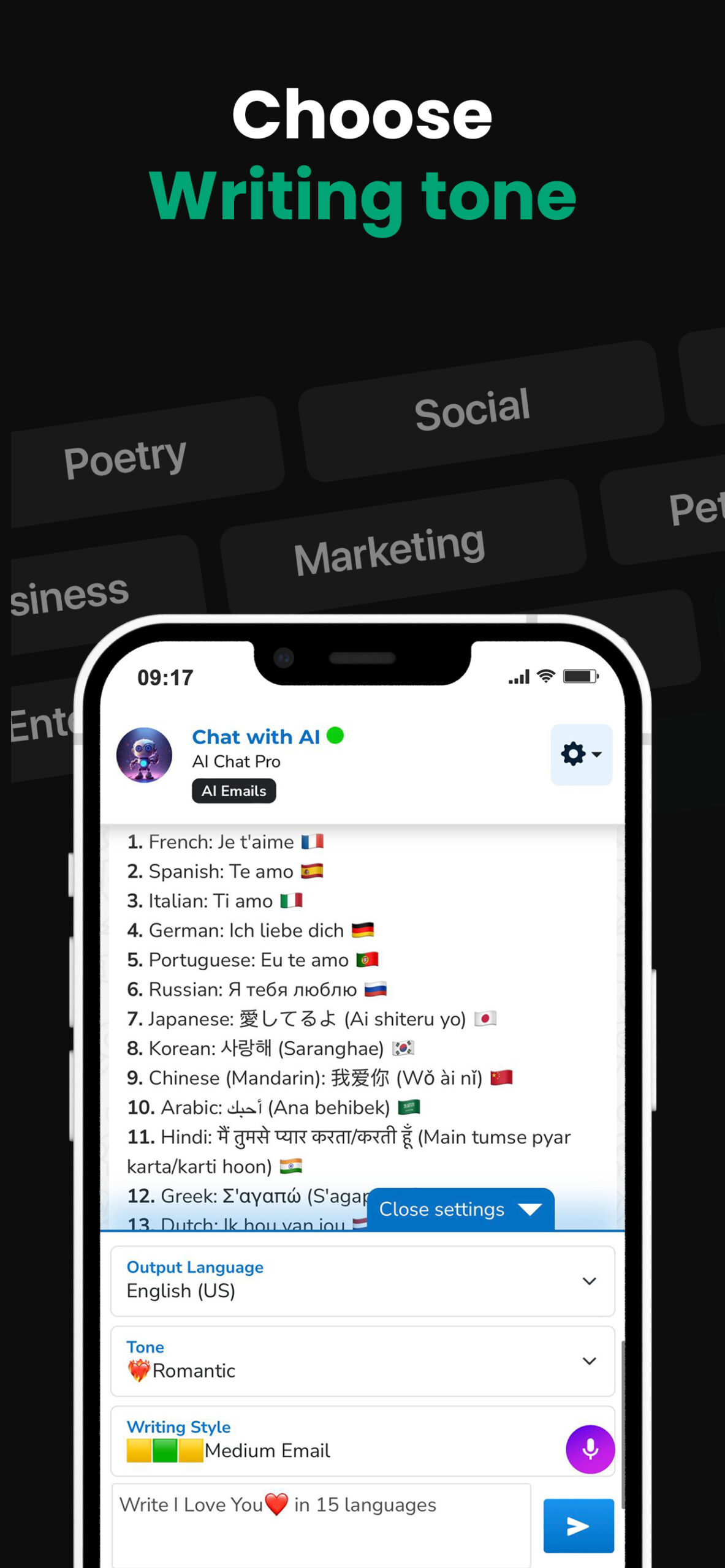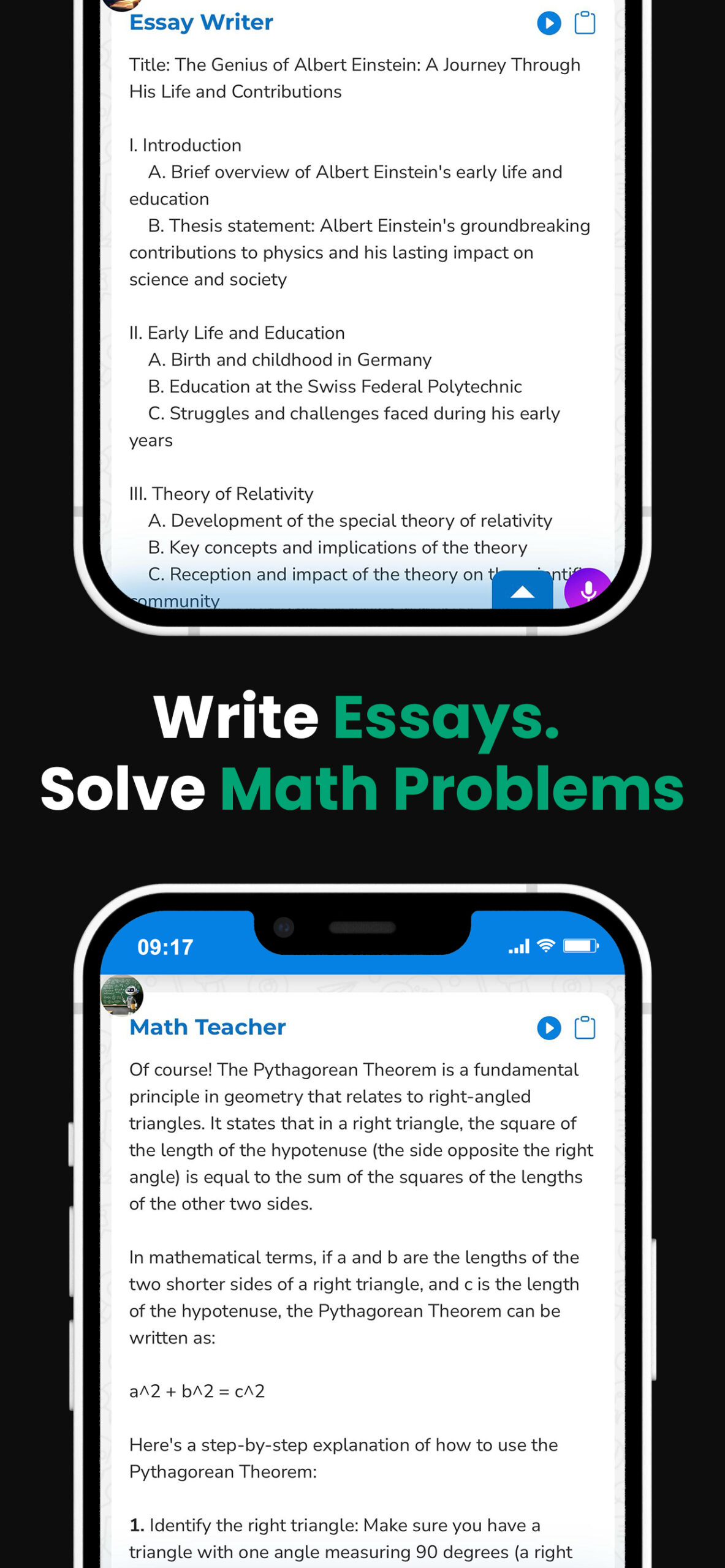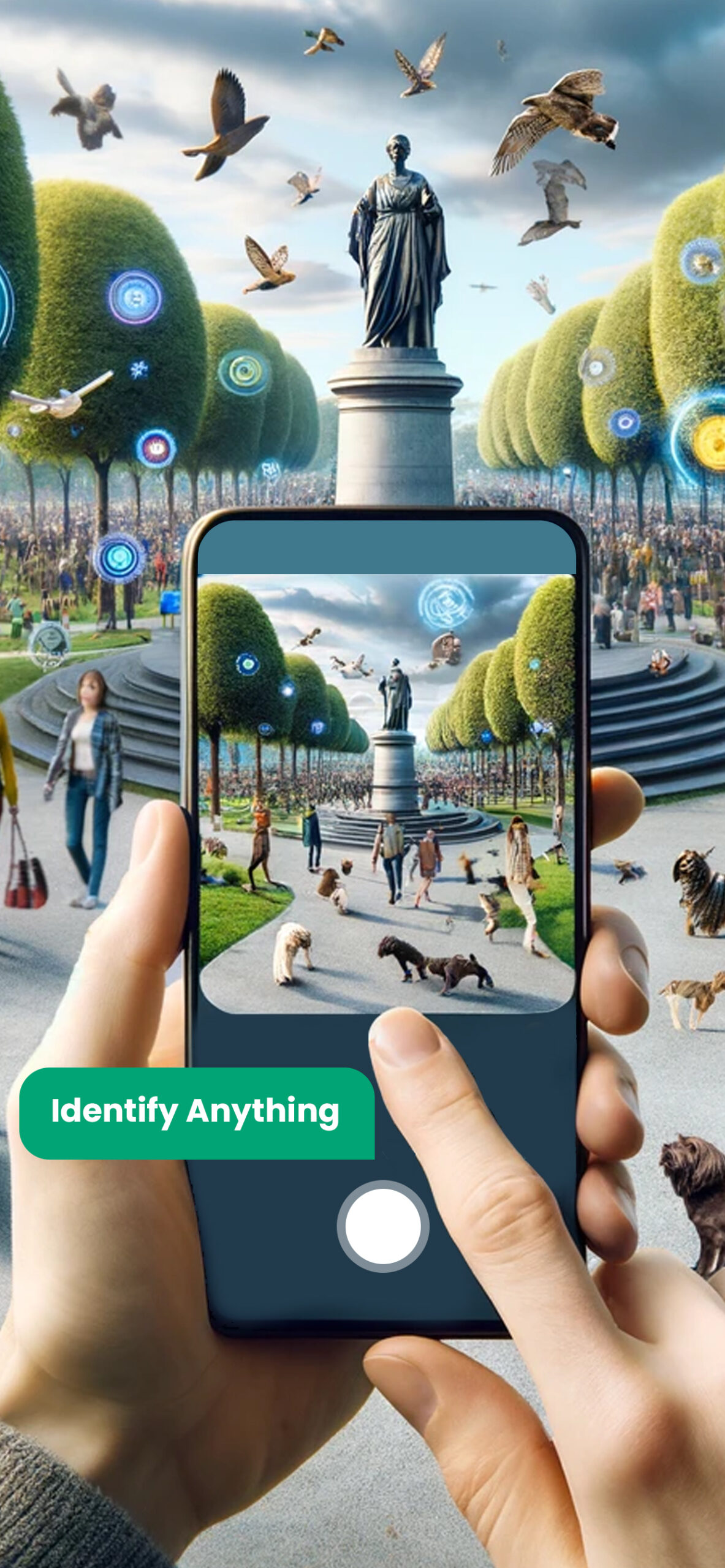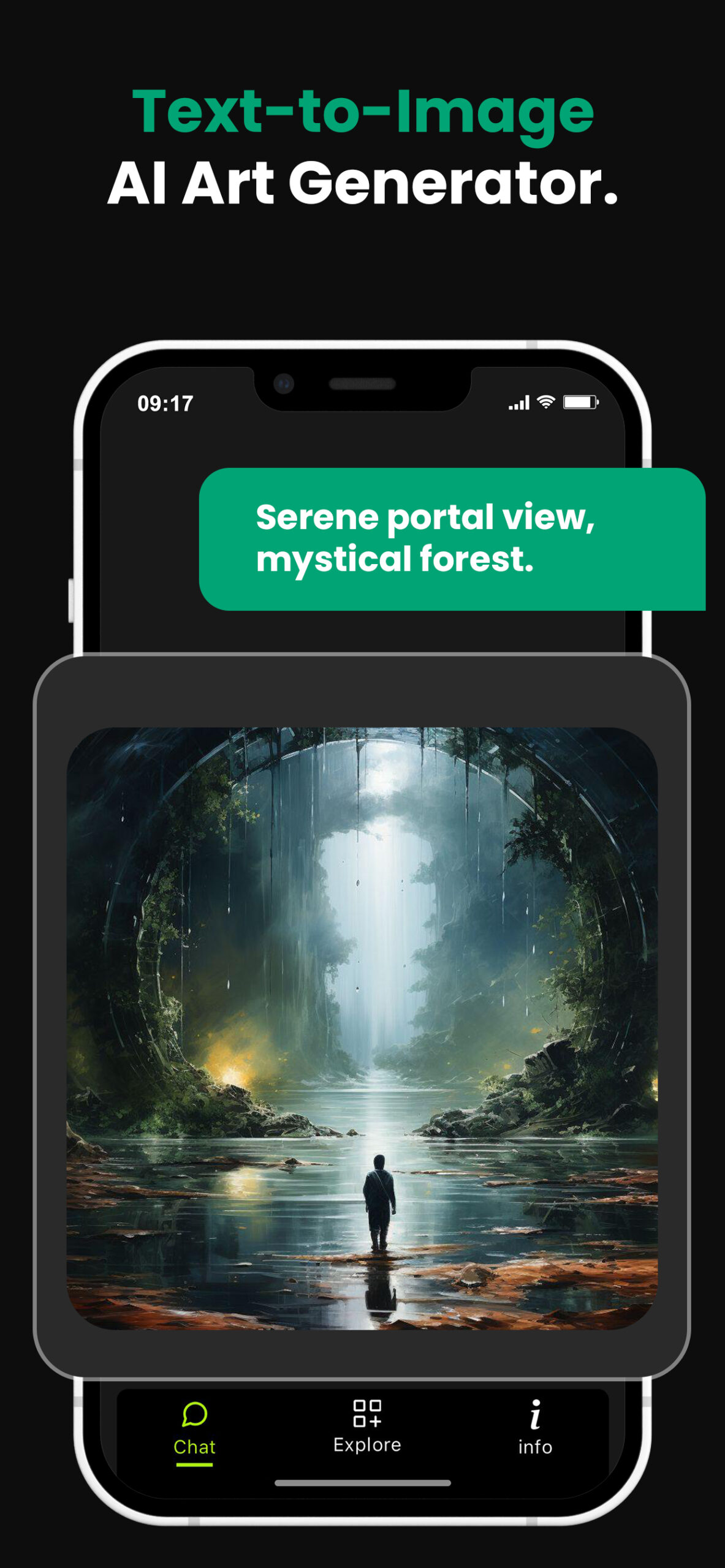Private GPT: Revolutionizing ChatGPT While Protecting Privacy
If you’re like me, you’ve probably heard of GPT or Generative Pre-training Transformer. It’s a hot topic in the tech world, known for its impressive capabilities in natural language processing. But have you heard about private GPT? It’s an exciting new development worth exploring.
Private GPT is a game-changer in the world of artificial intelligence. It allows businesses and individuals to customize and control their own AI models. Think of it as having your own personal AI assistant tailored to your unique needs and preferences.
In this article, we’ll dive into what private GPT is, how it works, and why it’s becoming a must-have tool. So, if you’re keen on staying ahead in the AI game, you won’t want to miss this.
PowerBrain AI Chat App powered by ChatGPT & GPT-4
Download iOS: AI Chat
Download Android: AI Chat
Read more on our post about ChatGPT Apps & Chat AI
Key Takeaways
- Private GPT, a variant of Generative Pre-training Transformer (GPT), is an AI model designed with a focus on individual customization and data privacy.
- Different from standard GPT models, Private GPT is tailored for specific individual uses, offering a highly personalized AI assistant tailored to the user’s unique needs and data.
- Private GPT trains these personalized AI models locally on a user’s own device, securing the data from exposure and enhancing privacy.
- The operation of Private GPT involves Mobile On-Device Learning for localized training, Differential Privacy for managing unique data, and Federated Learning for secured updates.
- Private GPT offers numerous benefits, including robust data security, data anonymity, and personalization of machine learning. All these features contribute to enhancing data privacy and user customization.
- It is useful across various sectors like healthcare, finance, personalized advertising, and in virtual assistants, providing valuable solutions while ensuring user-data privacy.
What is Private GPT?
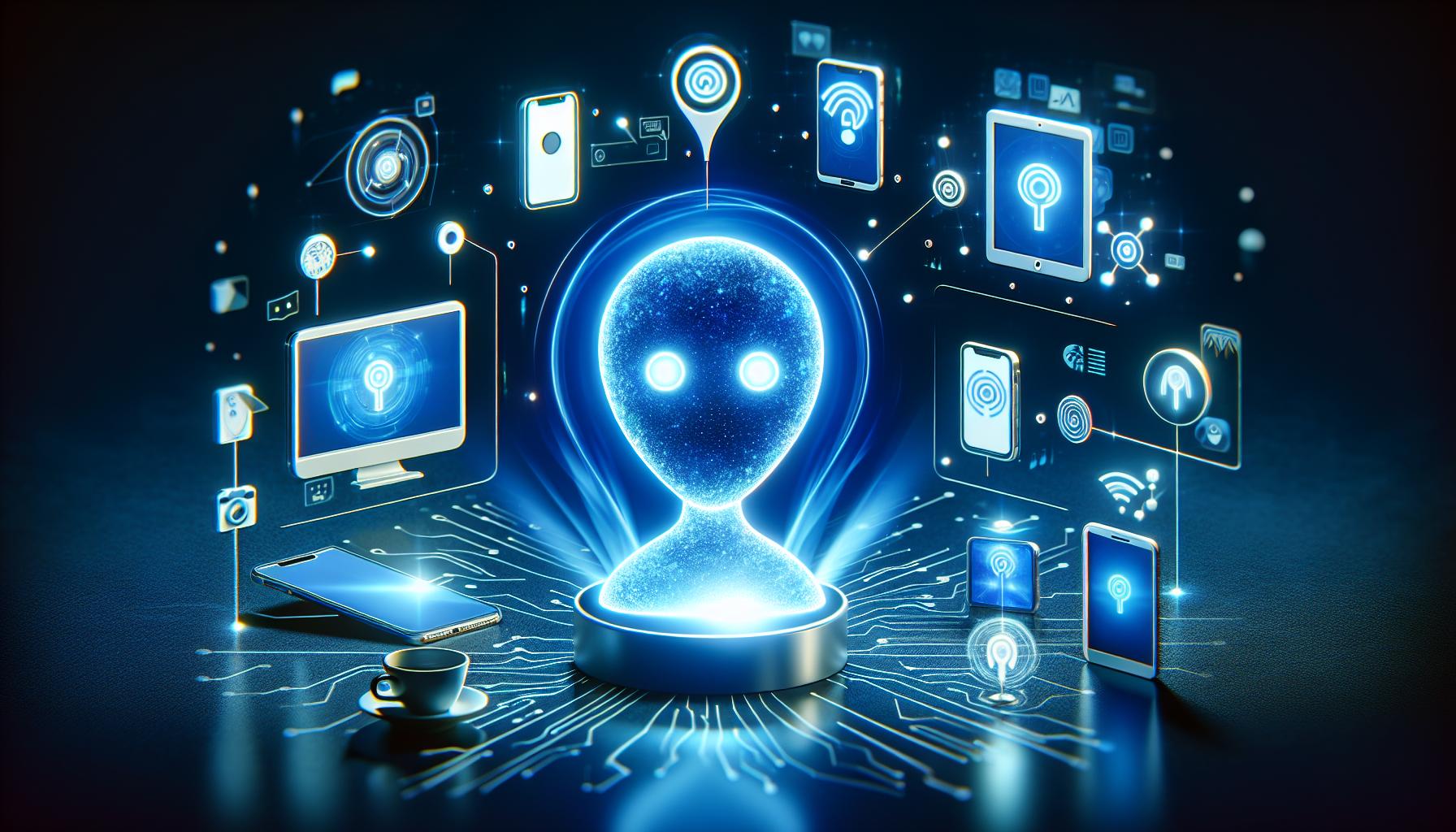
Stepping into the artificial intelligence (AI) world, we come across various terms and technologies. One such revolutionary technology is Private GPT. Let’s delve deeper into understanding what Private GPT really is.
Private GPT, where GPT stands for Generative Pre-training Transformer, is a variant of GPT models that are designed with privacy as its primary focus. Unlike standard GPT models that are broadly trained and used commonly for multiple applications, Private GPT models are tuned and customized for specific individual uses.
This leads to a key point that makes Private GPT stand apart – its incredible ability to offer a personalized AI assistant. Focused on individual needs, preferences, and data, these models enable unique, user-specific AI features. What this means is that your personal AI assistant is tailored by and for you.
Read more
Chat GPT not working
Chat GPT Excel
Rizz GPT
But it’s not just about offering personalized experiences. With the rising concerns about data privacy, Private GPT models ensure that the personalized AI model training happens locally on your own device and your data never leaves your personal toolbox, thereby securing your privacy.
The amazing strength of Private GPT lies in its specialization and adaptability. It can enhance a wide range of tasks, such as writing emails, drafting documents, setting reminders, and much more, according to your personal style and requirements.
Now that we have looked into what Private GPT is let’s continue our exploration by understanding how it functions and why it has become increasingly essential in the world of AI.
How Private GPT Works
Private GPT functions through a sophisticated combination of privacy-focused algorithms and personalized machine learning. Just like the standard Generative Pre-Training Transformer, Private GPT is designed on deep learning models. However, the way it learns and applies knowledge sets it apart.
Breaking down the operation of Private GPT first involves a step called Mobile On-Device Learning. In this process, model training takes place on the user device instead of a central server. This way, user data never has to leave the device, keeping information secure. The user’s input keeps refining and enhancing the model, yielding superior results over time.
The second key component is the usage of Differential Privacy. A mathematical technique, Differential Privacy adds a layer of randomness to the user’s data before processing it. This way, it’s nearly impossible for anyone to identify exact information from the altered dataset, thus offering a strong privacy shield.
Let’s take a look at a real-world scenario: imagine you’re drafting an email. As you start typing, Private GPT begins understanding your style, nuances, abbreviations, and even the tone. As you keep using it, your Private GPT model becomes more enhanced, providing you with personalized assistance while preserving your privacy.
Onto the matter of updates. These models require regular updates to ensure they’re learning and improving. In Private GPT, updates happen securely using Federated Learning. Individual model updates are combined to improve the overall model, but it’s done in such a way that individual data stays private.
In essence, the blend of Mobile On-Device Learning, Differential Privacy, and Federated Learning ensures that Private GPT offers advanced personalization while placing paramount importance on user privacy. This makes Private GPT models an increasingly crucial part of the evolving AI landscape exploring the intersection of technology and privacy. With users demanding more control over their data, technology like Private GPT will be playing an even more significant role in the times to come.
Benefits of Private GPT
Delving deeper into the subject matter, it’s clear that the benefits of Private GPT range from enhanced privacy measures to personalized user experiences. The adoption of this technology could enormously reshuffle traditional AI dynamics, focusing more on user-data privacy and customization. Let’s take a closer look at the wide-ranging implications of Private GPT:
- Data Security: By using Mobile On-Device Learning, models are trained directly on the user’s device. It effectively bypasses potential data interception, offering robust protection against data breaches or misuse. Your data remains just that – yours.
- Data Anonymity: Differential Privacy adds an element of randomness to user data. Unique identifiers are edited, effectively anonymizing user data and ensuring complete discretion. You are no longer a mere data point in vast information.
- Personalized Machine Learning: Each user’s data is unique. Recognizing this, Private GPT tailors its learning process through continued usage. It’s constantly learning, evolving, and catering to individual needs and preferences.
The strength of Private GPT lies not just in its potent combination of privacy-focused algorithms and personalized learning but also in the way it manages updates. Updates are performed locally with Federated Learning, and model improvements are transferred rather than raw data. This assures absolute data privacy, taking individual control of data to new heights.
Private GPT’s privacy-centric approach and emphasis on personalization are paving the way for the future of AI. As users demand more control over their data and personalized experiences, the technology industry is sure to take note.
As we evolve into a more advanced and privacy-aware society, the value and effectiveness of Private GPT won’t go unnoticed. Its impact on data security, data anonymity, and personalized machine learning is already making waves. The addition of Federated Learning makes it an even more compelling proposition. Without a doubt, Private GPT signifies a significant step forward in AI technology.
Use Cases of Private GPT

Private GPT’s robust privacy features and personalized machine learning make it a game-changer in several use cases. Users across various sectors, from healthcare to finance, are benefiting from its diverse functionalities.
One primary use case is Healthcare, where patient data privacy is paramount. Doctors and medical professionals can leverage Private GPT to analyze patient data without worrying about confidentiality breaches. With applications like disease prediction models and individual health monitoring, Private GPT can truly revolutionize patient care and management.
The finance sector can also benefit remarkably. Let’s consider the task of detecting fraudulent transactions. Traditionally, this process might involve pooling together financial data from various customers to create models. With Private GPT, financial institutions can train effective fraud detection models on individual devices, thus preserving consumer privacy while maintaining efficiency.
In the realm of Personalized Advertising, advertisers can utilize Private GPT to craft targeted ads based on user behavior on their own devices. Unlike traditional online advertising methods, this approach significantly boosts customer engagement without infringing upon privacy rights.
Let’s not forget our everyday virtual assistants, who greatly reap the rewards of Private GPT. These assistants can evolve by learning from individual interaction patterns without uploading sensitive user information to a central server to provide a truly personalized user experience.
- Healthcare: Patient data analysis, Disease prediction, Individual health monitoring
- Finance: Fraudulent transaction detection
- Personalized Advertising: Craft targeted ads based on user behavior
- Virtual Assistants: Personalized user experience
In each of these situations, Private GPT ensures data stays where it belongs – with the user. Combining Differential Privacy, Federated Learning, and Mobile On-Device Learning makes this high level of security and personalization possible. The application of Private GPT isn’t confined to the above sectors – its potential is limited only by the scope of our imagination, promising a future where customized services need not compromise data security.
Conclusion
I’ve shown how Private GPT is reshaping industries like healthcare, finance, and advertising. It’s not just about the convenience it brings but also the privacy it maintains. With its ability to analyze patient data, detect fraudulent transactions, and craft targeted ads, it’s clear that this technology is a game-changer. But what sets it apart is its commitment to data security. Through Differential Privacy, Federated Learning, and Mobile On-Device Learning, Private GPT ensures that customization doesn’t come at the expense of privacy. As we move forward, we can expect to see more sectors harnessing the power of Private GPT, offering personalized services without jeopardizing data security. The future with Private GPT looks promising indeed.
1. What is Private GPT?
Private GPT is a language model that emphasizes data privacy and personalization. Its diversity of use cases spans sectors including healthcare, finance, personalized advertising, and virtual assistant creation. It incorporates technologies like Differential Privacy, Federated Learning, and Mobile On-Device Learning.
2. How does Private GPT impact the healthcare sector?
Private GPT enables confidential analysis of patient data, disease prediction, and individual health monitoring in healthcare, promising personalized healthcare services without compromising patient data privacy.
3. How does Private GPT benefit finance industries?
Private GPT supports finance industries by detecting fraudulent transactions while maintaining consumer privacy and enhancing the security of financial transactions without infringing on consumer rights.
4. How does Private GPT affect personalized advertising?
It helps advertisers create targeted ads based on user behavior, boosting customer engagement while respecting individual privacy rights. This enables more effective and personalized advertising campaigns.
5. What advantages does Private GPT offer virtual assistants?
Private GPT allows virtual assistants to offer personalized user experiences without compromising sensitive user information. This results in more tailored, effective assistance while ensuring data security.
6. How does Private GPT contribute to data security and personalization?
Private GPT employs techniques like Differential Privacy, Federated Learning, and Mobile On-Device Learning to maintain data security while optimizing personalized experiences. This dual focus makes it a promising technological solution across numerous sectors.





